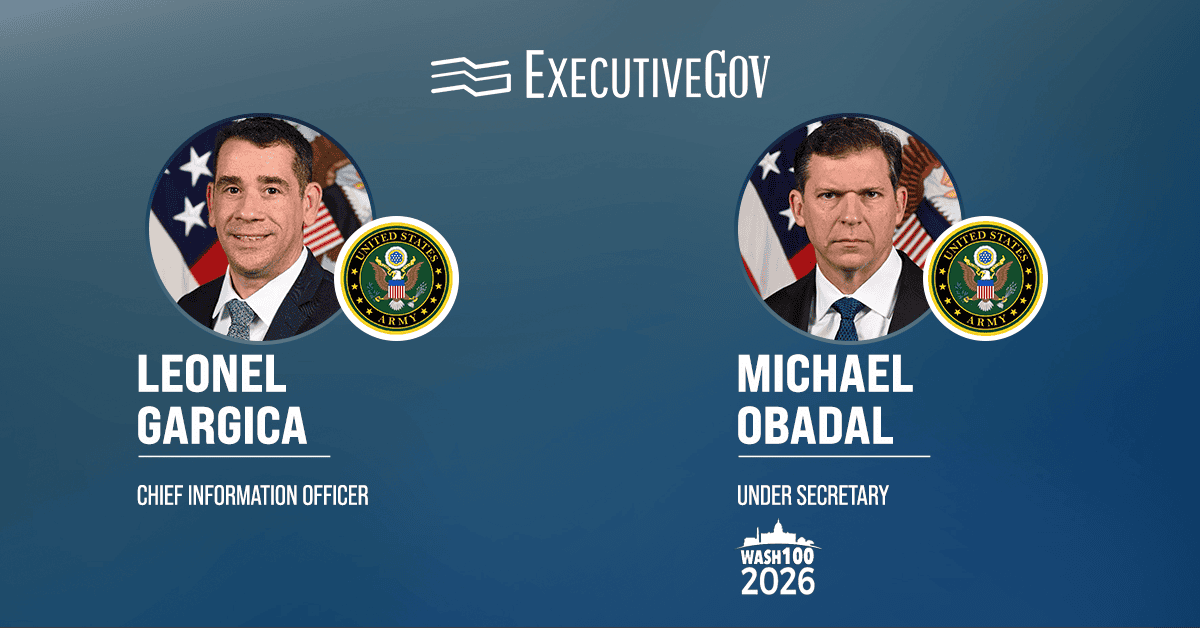The U.S. Coast Guard looks to establish a new group that will work to review the service branch’s requirements for unmanned vehicles, National Defense reported Thursday.
“We learned that the future of our unmanned systems strategy will most likely rely on more diverse systems and effective integration of machine learning to unlock actionable data for Coast Guard operators,” said Adm. Karl Schultz.
Schultz said the potential group will explore the feasibility of unmanned technologies for the Coast Guard. He also urged the Coast Guard to consider the implementation of unmanned underwater and surface vehicles.
“We’ve been UAS aviation [focused]. UxS is going to get us into surface, potentially sub-surface robotic platforms,” said Schultz.
According to the report, USCG’s research and development hub is currently conducting experimental activities on a 29-foot unmanned vessel in Hawaii.





